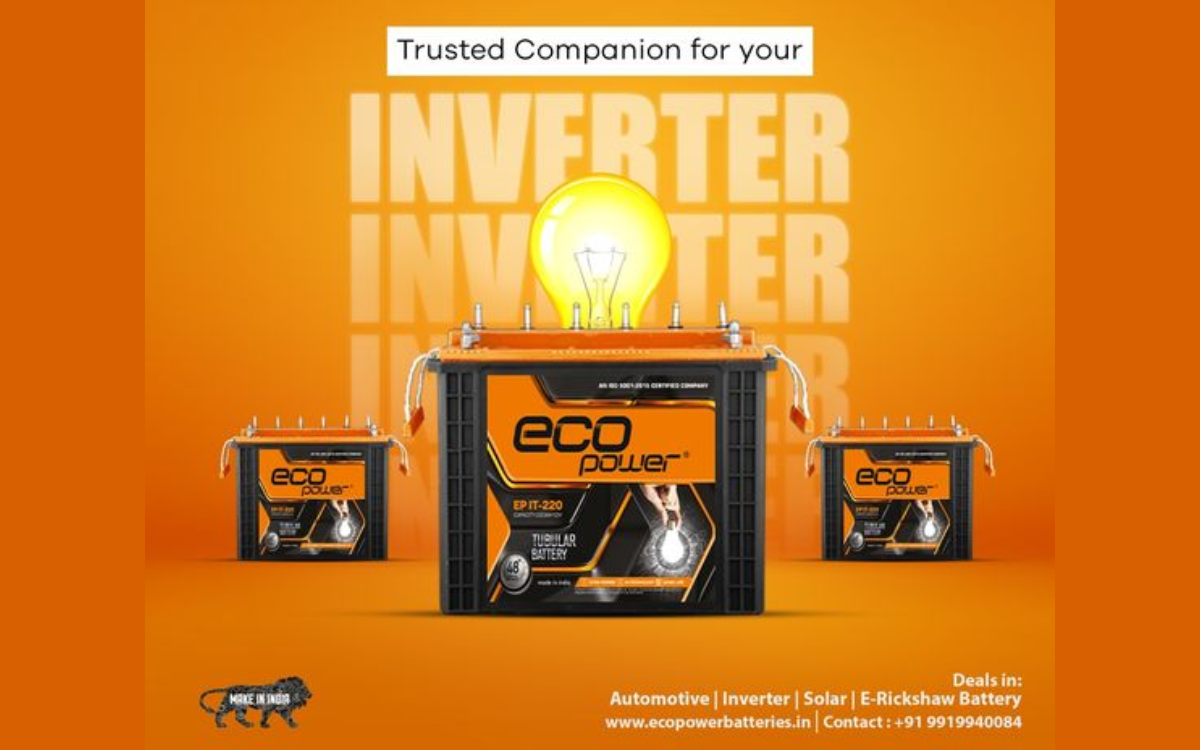In a world, where energy costs are rising and environmental concerns are growing, the economics of solar batteries have become increasingly relevant. Solar batteries not only help save money on energy bills but also contribute to reducing our carbon footprint. In this blog, we will explore how solar batteries offer economic advantages while promoting sustainability.
Cost Savings:
One of the primary benefits of solar batteries is the potential for significant cost savings. By storing excess energy generated by solar panels during the day, solar batteries allow homeowners and businesses to utilize that stored energy during peak demand periods or when sunlight is limited. This reduces the need to rely solely on the grid, thereby lowering electricity bills. Over time, these savings can add up, making solar batteries a wise investment.
Energy Independence:
Solar batteries offer a level of energy independence, allowing individuals and businesses to become less dependent on the traditional power grid. This can be particularly beneficial in areas with unreliable or expensive electricity supply. With solar batteries, you can generate and store your clean energy, reducing your reliance on fossil fuels and the associated costs.
Environmental Benefits:
Reducing our carbon footprint is crucial for the health of our planet. Solar batteries play a vital role in this endeavor by enabling the utilization of renewable energy. By storing excess solar energy, batteries help minimize the need for electricity generated from fossil fuels. This reduction in greenhouse gas emissions contributes to a cleaner and greener environment, creating a sustainable future for generations to come.
Incentives and Rebates:
To encourage the adoption of solar batteries, many governments and utility companies offer incentives and rebates. These financial incentives can significantly offset the initial investment cost, making solar batteries more affordable for homeowners and businesses. Additionally, some regions have net metering policies, allowing excess energy stored in batteries to be fed back into the grid, further reducing electricity bills.
Long-Term Investment:
While the upfront cost of installing solar batteries may seem significant, it is essential to consider the long-term benefits. Solar batteries have a long lifespan, typically ranging from 10 to 20 years, depending on the technology. Over this period, the savings on energy bills can outweigh the initial investment cost, resulting in substantial financial gains. Moreover, as technology advances and economies of scale come into play, the cost of solar batteries is expected to decrease further, making them an even more attractive long-term investment.
In addition to the economic and environmental advantages of solar batteries, it’s worth mentioning the importance of choosing a reliable solar battery manufacturer in India. With several solar battery suppliers and manufacturers in the market, it’s crucial to opt for a reputable company that specializes in eco-friendly power solutions like Eco Power which is a leading solar battery manufacturer in India. By selecting a trusted manufacturer, you can ensure the quality and durability of the solar batteries, maximizing their performance and longevity. So, when considering solar batteries, make sure to research and choose reliable solar battery suppliers and manufacturers in India.
Conclusion:
The economics of solar batteries offer a win-win situation, combining cost savings with environmental benefits. By harnessing the power of the sun and providing you with long-lasting power backup.



